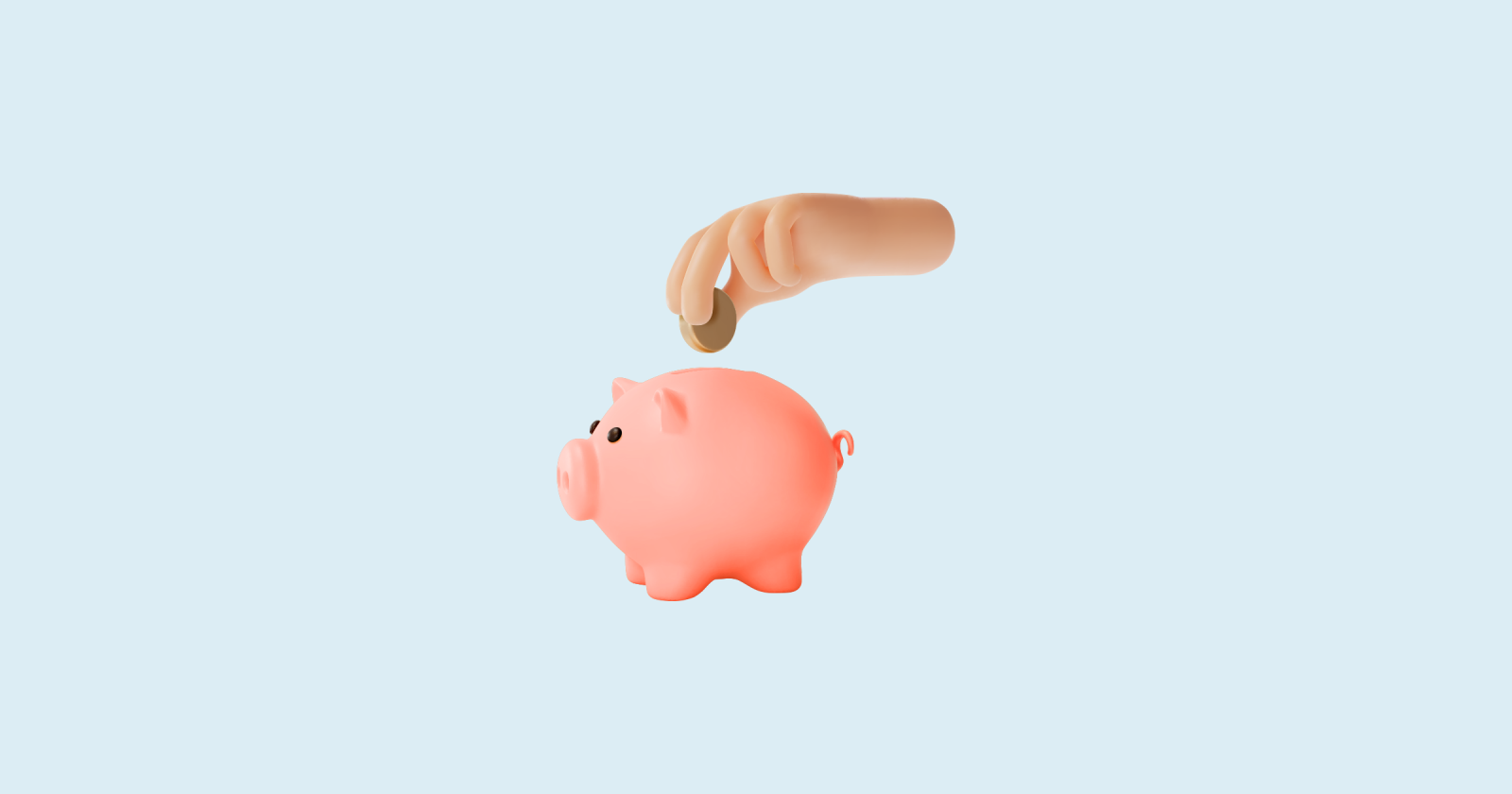People often associate splurging with poor money management. For many, it should be avoided at all costs since it involves spending more money on a single purchase than they normally would.
Though you’ve probably been told that “money saved is money earned,” it isn’t always a bad thing to spring for an expensive purchase. There may be instances where paying more can save you money in the long run.
Here are 4 signs it’s okay to spend a little more instead of buying cheap.
1. Your purchase has a bigger purpose
It’s easy to classify a huge expense, especially a material one, as frivolous and unnecessary if you look only at its face value. To know an item’s real worth, you need to consider how it would fit into your daily life and long-term plans.
Let’s say you work remotely and spend a lot of time at home. You might benefit a lot from spending on quality furniture or work equipment that could boost your productivity.
It also helps to compare alternatives when you’re making a choice. One example is choosing between having a gym membership and working out at home.
If you’re perfectly satisfied with at-home exercises, then it’s okay to be economical. On the other hand, if you need more motivation, having a membership or a fitness coach could encourage you to put in the work.
Understand what a purchase truly means to you and how it can contribute to your life to know if it’s worth the splurge.
2. It’s not an impulse buy
The fear of splurging can come from an experience with buyer’s remorse. One way to avoid regretting a purchase is to give yourself time to think and make sure you’re not simply acting on impulse.
A cool-off period – like the 24-hour rule – allows you to see the bigger picture. This creates a delay between the initial desire to buy and the actual transaction, allowing you to reconsider your purchase.
Within that period, you’ll have time to take stock of what you have. It will be easier to tell whether something is truly worth buying and that it wouldn’t simply end up as clutter.
3. The cheaper option could cost more in the long run
When you’re trying to reduce expenses where you can, it could seem like the cheapest option is always best. Everyone loves a good deal, but cheap options sometimes come at a cost, and it’s usually quality that suffers.
Of course, this isn’t always the case. There are times when a cheaper option could do the trick just as well as a pricier one.
That’s why you should always do your research before making a major purchase. If you’re buying something that you expect to use often, a higher price tag can end up being worth the money if it lasts you for years.
You could also avoid the trouble of having to replace a low-quality item if it breaks after only a year or less.
4. It wouldn’t hurt your finances
Planning can make all the difference when it comes to big purchases. If you’ve done the work of saving for emergencies and budgeting for needs and wants, then one responsible splurge isn’t likely to put you in financial ruin.
It could help to have a separate budget for luxuries. If there’s enough time, you can also invest to reach the amount you need for a major purchase.
Knowing when to save or splurge can be a matter of understanding what’s important to you. As long as you’re keeping your goals in mind, spending a little more can sometimes be the appropriate choice.




